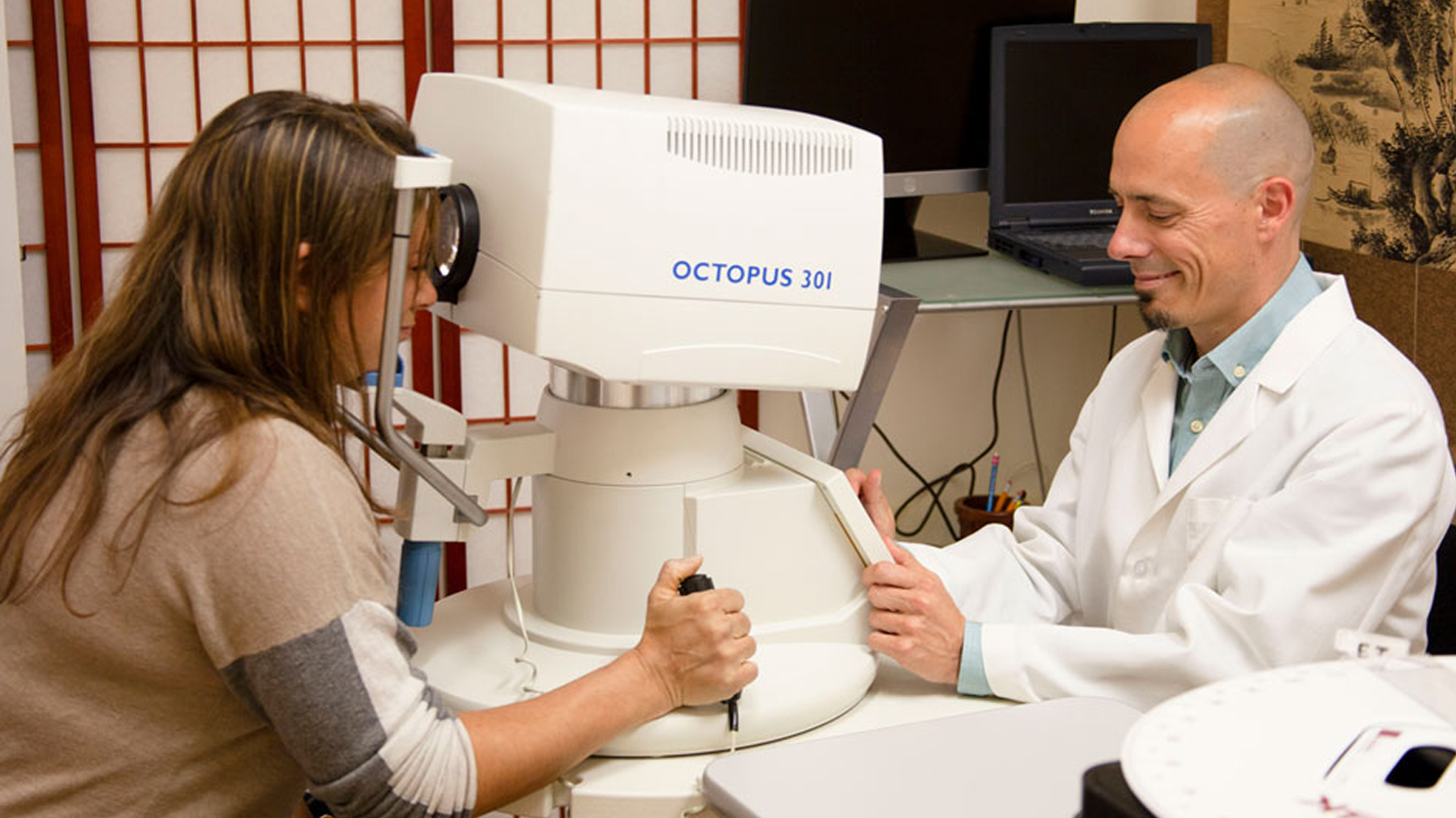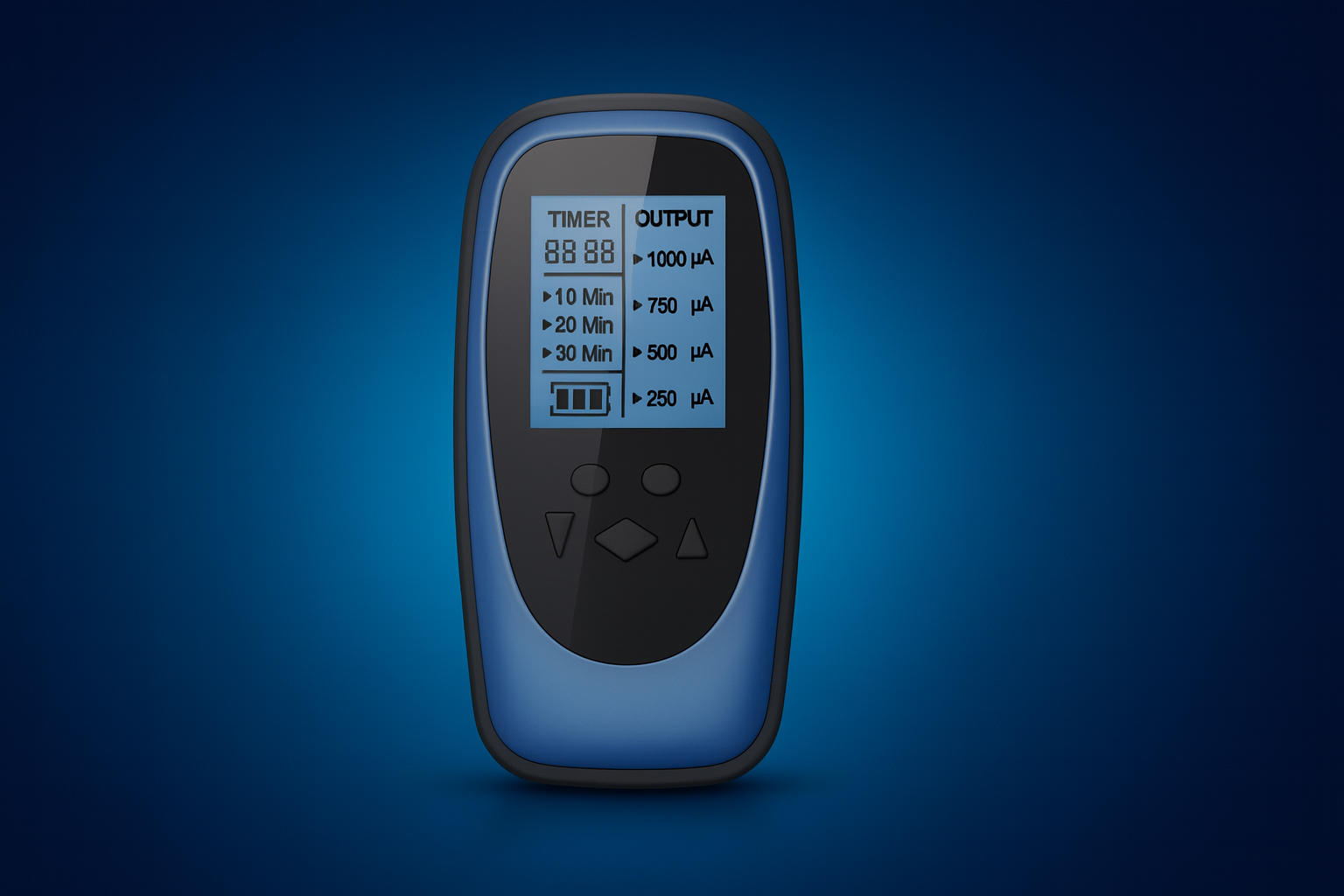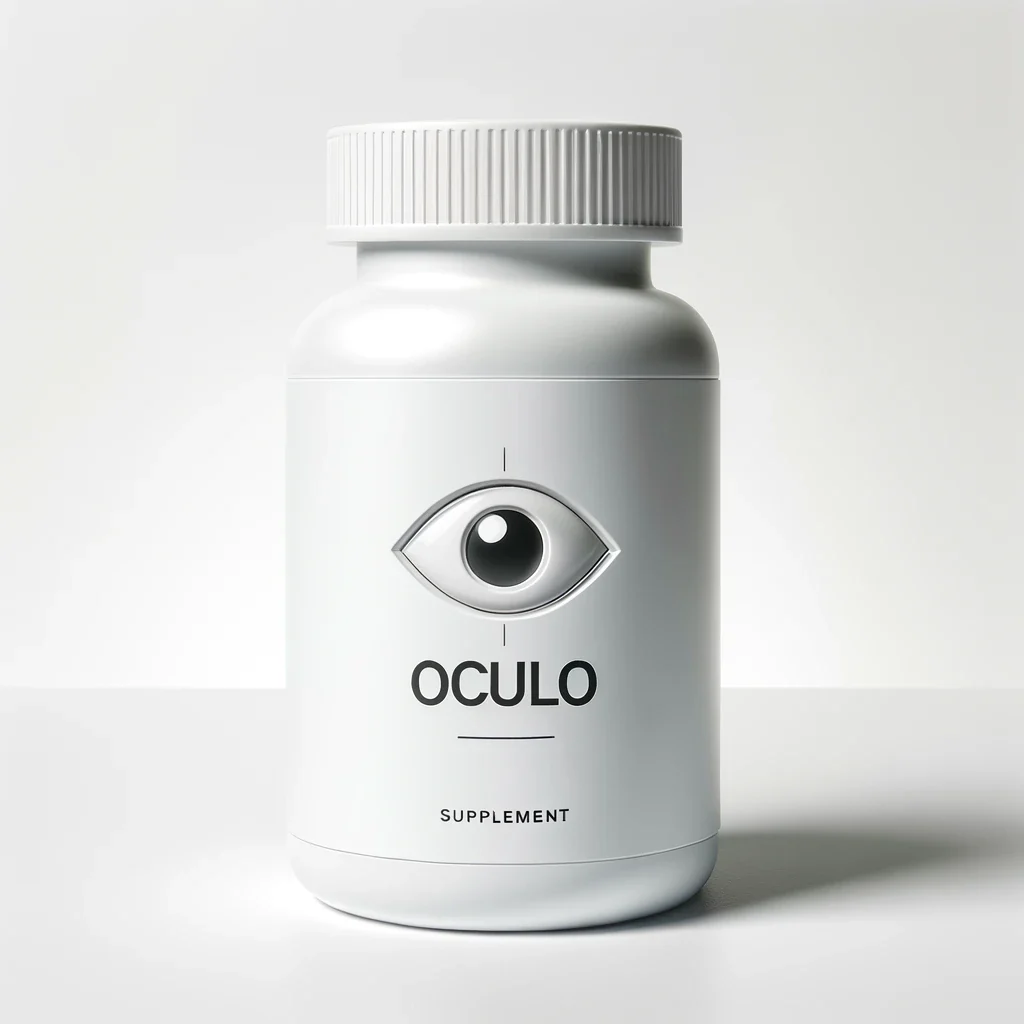Diet and Lifestyle Tips for Retinitis Pigmentosa
Retinitis pigmentosa (RP) is often described only in terms of genetics, but as Dr. Rosenfarb explains, lifestyle plays a massive role in how this condition develops and progresses. Patients frequently ask: What can I do on my own to help preserve my vision?
The truth is, you can do a lot. Diet, stress, exercise, and gut health all influence autoimmune activity and inflammation—the very processes that drive retinal degeneration.
Why Lifestyle Matters in RP
Dr. Rosenfarb emphasizes that RP is not simply a genetic issue:
“Autoimmune causes inflammation, oxidative stress, and poor circulation. Lifestyle is either going to add fuel to that fire or help calm it down.”
Your daily choices can directly affect how much inflammation your eyes are exposed to, how much oxygen and nutrition your retina receives, and whether autoimmune activity accelerates or stays quiet.
Key Dietary Considerations
1. Manage Food Allergies and Sensitivities
Unrecognized food allergies can drive systemic inflammation and worsen autoimmune activity.
- Common culprits: gluten, dairy, processed sugars
- Dr. Rosenfarb recommends food allergy testing (e.g., Alcat, Cyrex) to identify hidden triggers.
2. Eat an Alkalizing, Anti-Inflammatory Diet
Choose foods that lower systemic inflammation and support detoxification.
- Emphasize: leafy greens, cruciferous vegetables, fresh fruits, clean proteins
- Minimize: processed foods, refined sugar, excessive alcohol, fried foods
3. Support Gut Health
Leaky gut and microbiome imbalances are major drivers of autoimmunity.
- Include: fermented foods (sauerkraut, kimchi), prebiotic fibers, probiotics
- Avoid: long-term antibiotics, chemical additives, and foods that cause bloating or GI distress
Lifestyle Habits That Protect Vision
Exercise
The retina is the most oxygen-hungry tissue in the body. Exercise improves circulation and oxygen delivery.
- Regular aerobic activity supports blood flow to the eyes.
- Patients often report their vision feels brighter after consistent exercise.
Stress Management
Stress constricts blood vessels, reduces oxygen, and increases inflammation.
- Practices like qigong, yoga, meditation, and breathwork improve circulation and calm the immune system.
- As Dr. Rosenfarb notes, “Patients always tell me: when I exercise and manage stress, my vision improves. When I stop, it gets worse.”
Sleep
Sleep is when the body repairs and regenerates. Poor sleep can accelerate degeneration.
- Aim for 6–8 hours of quality sleep.
- Avoid relying on alcohol or sedatives to “knock out.”
Blue Light and UV Protection
Overexposure to screens and sunlight accelerates oxidative stress.
- Use blue-light filters on devices.
- Wear UV-protective lenses outdoors.
Supplements That Complement Diet & Lifestyle
While food is foundational, supplements can provide targeted support:
- Carotenoids (lutein, zeaxanthin, astaxanthin) – protect macular tissue
- Omega-3 DHA – essential for nerve repair
- MSM eye drops – reduce toxic buildup
- CBD (Canovision) – regulates inflammation and immune activity
👉 See: Best Supplements for Retinitis Pigmentosa
Related Reading
- Functional Medicine Approaches for Retinitis Pigmentosa
- Prevention & Remission Strategies
- Natural Treatment Options for Retinitis Pigmentosa
Next Steps
If you’re living with RP, don’t underestimate the power of diet and lifestyle. They are not optional—they’re critical tools in slowing progression and preserving sight.
You can:
- Book a Telehealth consultation to discuss a personalized plan
- Apply for an In-Office Intensive Program for hands-on therapies
- Explore our supplement shop for targeted retinal support
Your daily choices matter. With the right diet and lifestyle, you can actively protect your vision.
Treatment Solutions for
Choose the treatment approach that fits your life
Whether you prefer hands-on care, convenient telehealth visits, or self-guided learning, we have multiple ways to help you manage .

In-Office 2 Weeks to Better Vision
Combining acupuncture, laser therapy & diagnostics at Dr. Rosenfarb's office in New Jersey. 90% of patients see measurable vision improvements.
Learn more
One-on-One Telehealth Sessions
One-on-one virtual sessions with Dr. Rosenfarb. Get personalized assessment and custom treatment plan from home.
Learn more
At-Home 12-Week AcuVision Program
Dr. Rosenfarb's 12-week step-by-step system. Live Q&A, guided exercises, and comprehensive approach to vision recovery.
Learn more
Alternating Current Micro Stimulation (ACS)
At-home micro stimulation system developed by Dr. Rosenfarb. Clinically proven at-home therapy to reactivate dormant eye cells.
Get ACS-3000
Eye Health Supplements
Scientifically-formulated supplements chosen by Dr. Rosenfarb to nourish your eyes and support healthy vision recovery.
Get supplements
